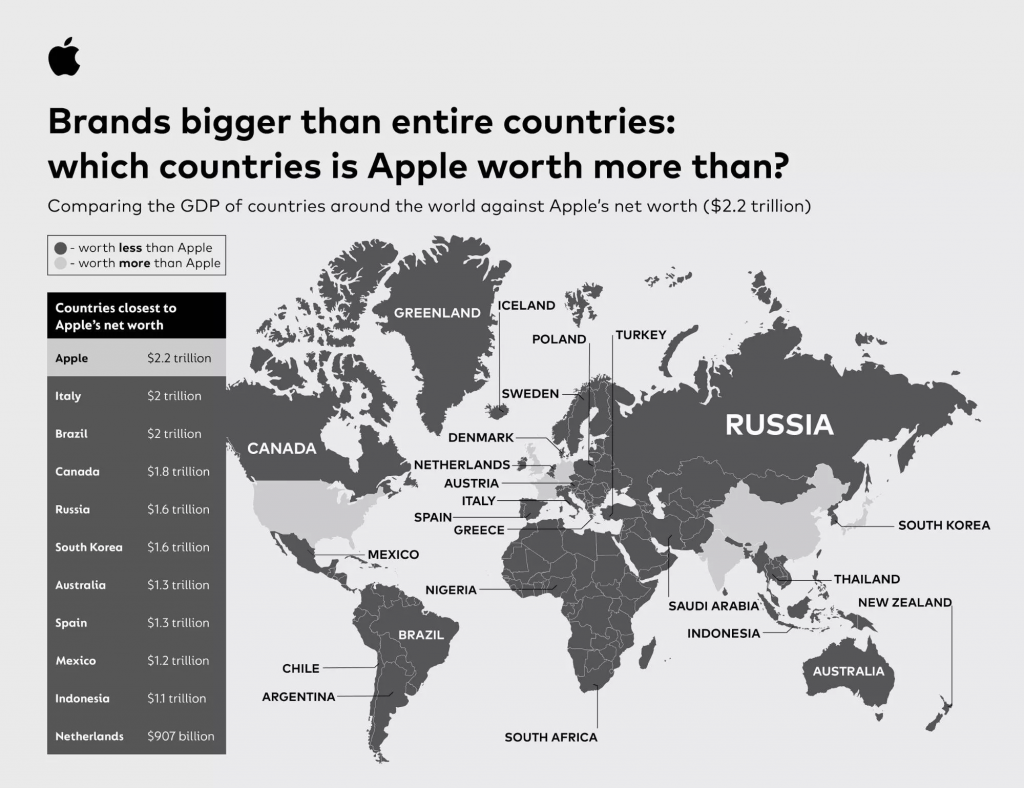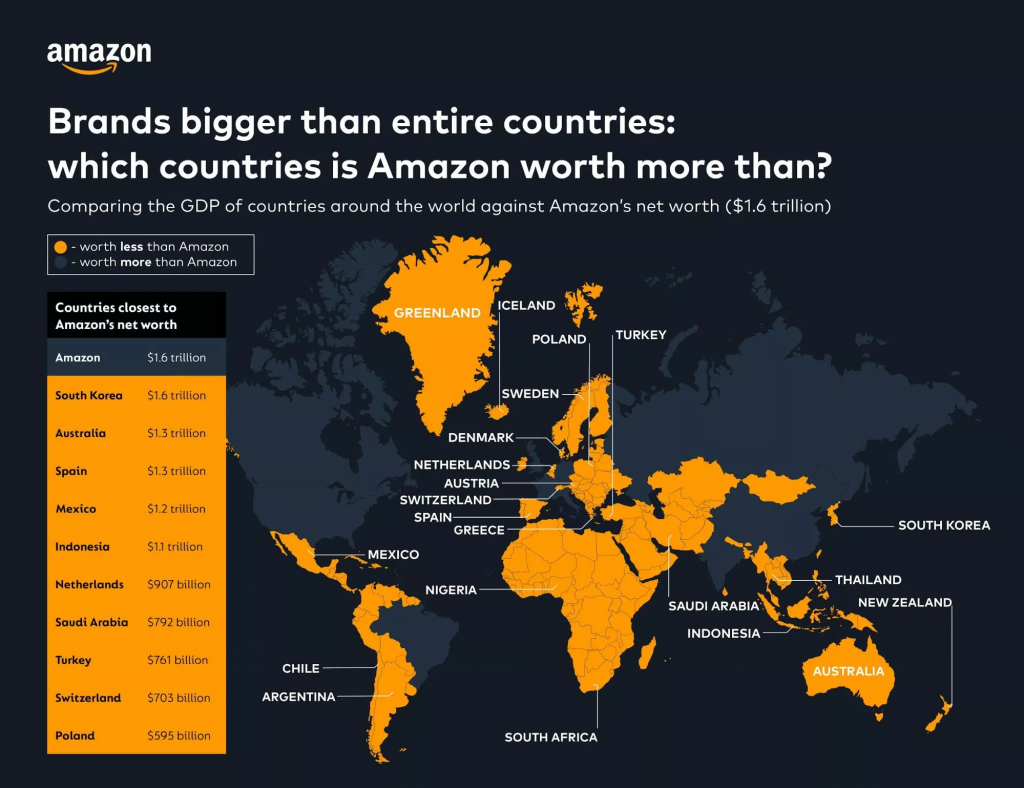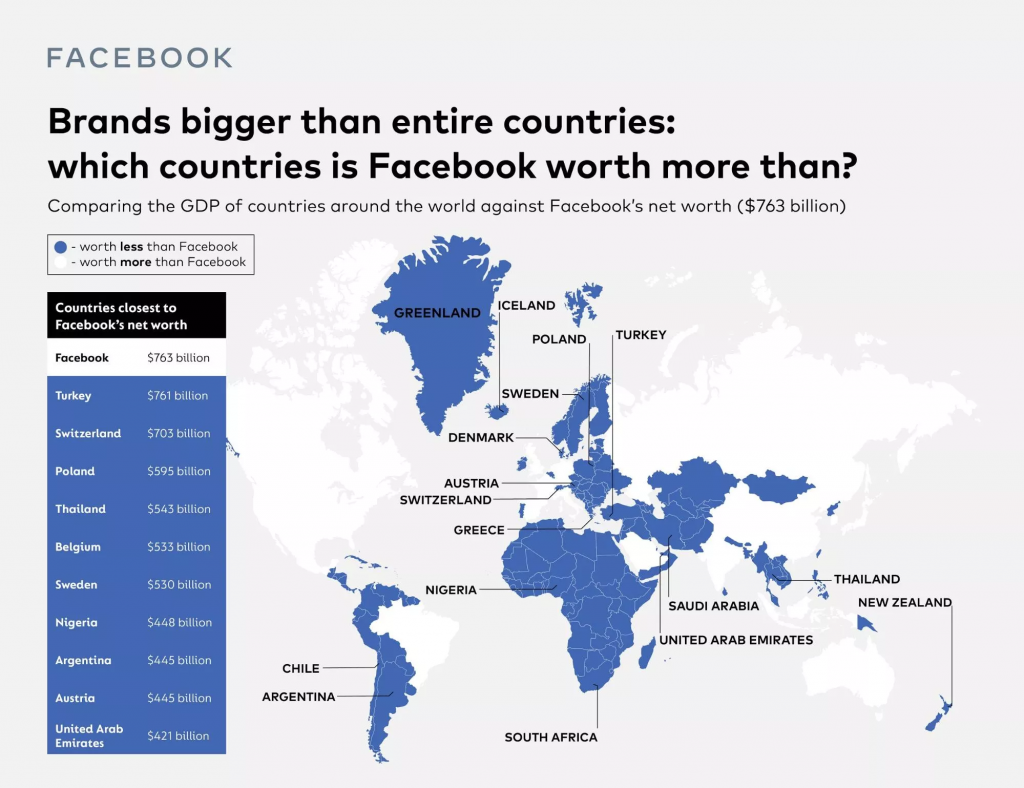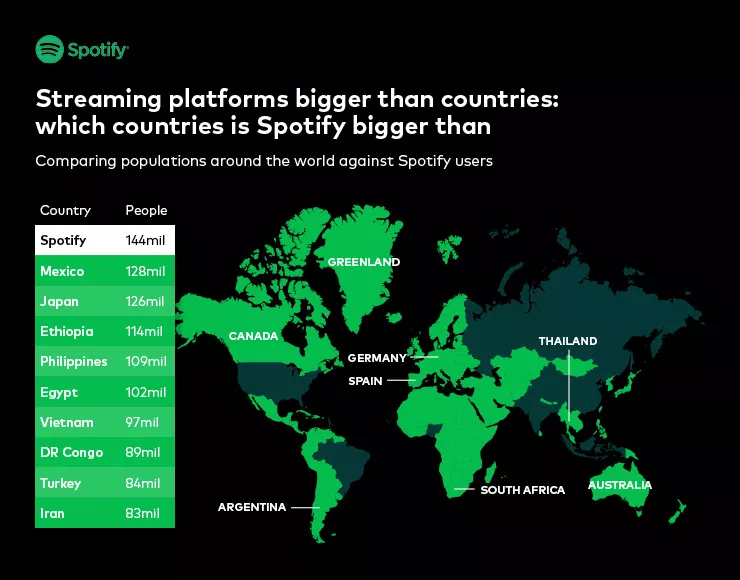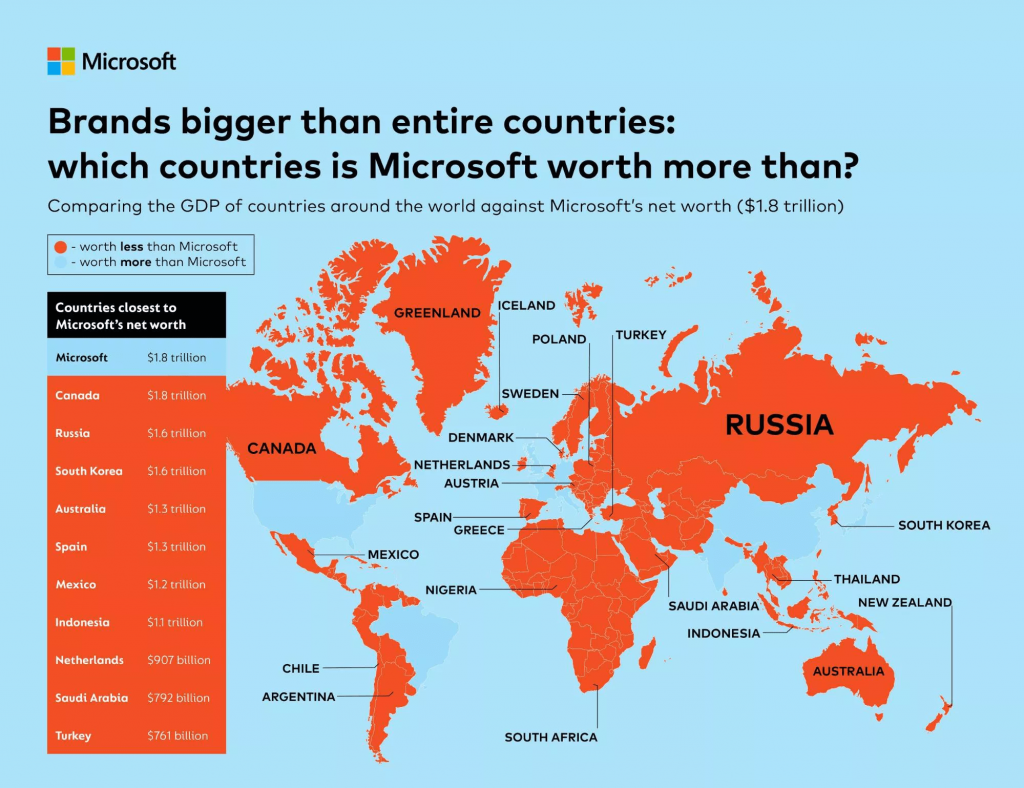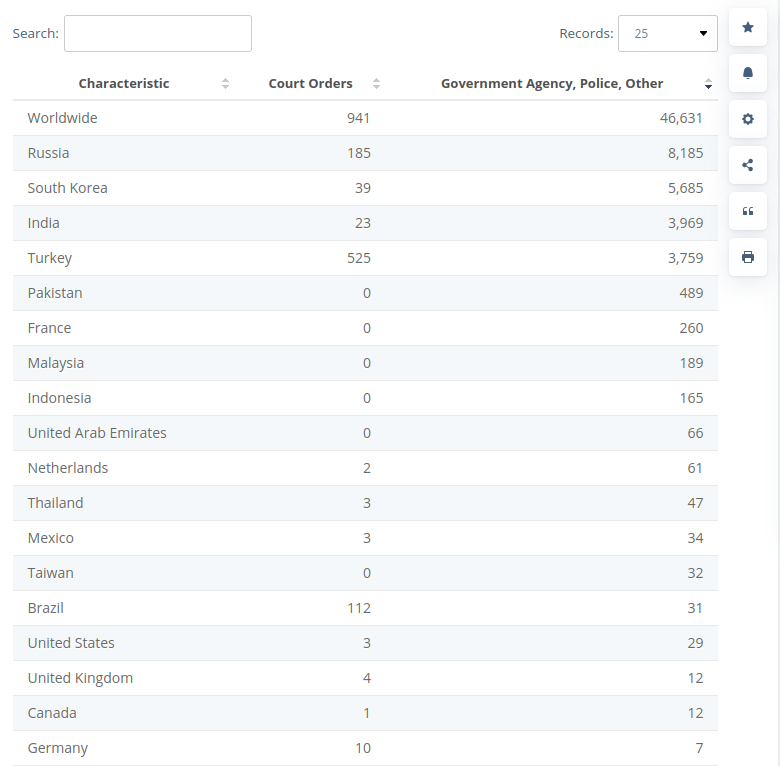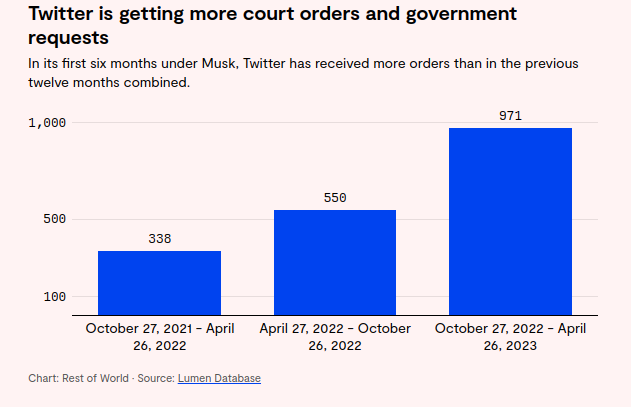UK And US Stand Firm: No New AI Regulation Yet. Here’s Why.

Introduction: A Fractured Future for AI?
Imagine a future where AI development is dictated by national interests rather than ethical, equitable, and secure principles. Countries scramble to outpace each other in an AI arms race, with no unified regulations to prevent AI-powered cyber warfare, misinformation, or economic manipulation.
This is not a distant dystopia—it is already happening.
At the Paris AI Summit 2025, world leaders attempted to set a global course for AI governance through the Paris Declaration, an agreement focusing on ethical AI development, cyber governance, and economic fairness (Oxford University, 2025). 61 nations, including France, China, India, and Japan, signed the declaration, signalling their commitment to responsible AI.
But two major players refused—the United States and the United Kingdom (Al Jazeera, 2025). Their refusal exposes a stark divide: should AI be a globally governed technology, or should it remain a tool of national dominance?
This article dissects the motivations behind the US and UK’s decision, explores the geopolitical and economic stakes in AI governance, and outlines the risks of a fragmented regulatory landscape. Ultimately, history teaches us that isolationism in global governance has dangerous consequences—AI should not become the next unregulated digital battleground.
The Paris AI Summit: A Bid for Global AI Regulation
The Paris Declaration set out six primary objectives (Anadolu Agency, 2025):
- Ethical AI Development: Ensuring AI remains transparent, unbiased, and accountable.
- International Cooperation: Encouraging cross-border AI research and investments.
- AI for Sustainable Growth: Leveraging AI to tackle environmental and economic inequalities.
- AI Security & Cyber Governance: Addressing the risks of AI-powered cyberattacks and disinformation.
- Workforce Adaptation: Ensuring AI augments human labor rather than replacing it.
- Preventing AI Militarization: Avoiding an uncontrolled AI arms race with autonomous weapons.
While France, China, Japan, and India supported the agreement, the US and UK abstained, each citing strategic, economic, and security concerns (Al Jazeera, 2025).
Why Did the US and UK Refuse to Sign?
1. The United States: Prioritizing National Interests
The US declined to sign the Paris Declaration due to concerns over national security and economic leadership (Oxford University, 2025). Vice President J.D. Vance articulated the administration’s belief in “pro-growth AI policies” to maintain the US’s dominance in AI innovation (Reuters, 2025).
The US government sees AI as a strategic asset, where global regulations could limit its control over AI applications in military, intelligence, and cybersecurity. This stance aligns with the broader “America First” approach, focusing on maintaining US technological hegemony over AI (Financial Times, 2025).
Additionally, the US has already weaponized AI chip supply chains, restricting exports of Nvidia’s AI GPUs to China to maintain its lead in AI research (Barron’s, 2024). AI is no longer just software—it’s about who controls the silicon powering it.
2. The United Kingdom: Aligning with US Policies
The UK’s refusal to sign reflects its broader strategy of maintaining the “Special Relationship” with the US, prioritizing alignment with Washington over an independent AI policy (Financial Times, 2025).
A UK government spokesperson stated that the declaration “had not gone far enough in addressing global governance of AI and the technology’s impact on national security.” This highlights Britain’s desire to retain control over AI policymaking rather than adhere to a multilateral framework (Anadolu Agency, 2025).
Additionally, the UK rebranded its AI Safety Institute as the AI Security Institute, signalling a shift from AI ethics to national security-driven AI governance (Economist, 2024). This move coincides with Britain’s ambition to protect ARM Holdings, one of the world’s most critical AI chip architecture firms.
By standing with the US, the UK secures:
- Preferential access to US AI technologies.
- AI defense collaboration with US intelligence agencies.
- A strategic advantage over EU-style AI ethics regulations.
The AI-Silicon Nexus: Geopolitical and Commercial Implications
AI is Not Just About Software—It is a Hardware War
Control over AI infrastructure is increasingly centered around semiconductor dominance. Three companies dictate the global AI silicon supply chain:
- TSMC (Taiwan) – Produces 90% of the world’s most advanced AI chips, making Taiwan a major geopolitical flashpoint (Economist, 2024).
- Nvidia (United States) – Leads in designing AI GPUs, used for AI training and autonomous systems, but is now restricted from exporting to China (Barron’s, 2024).
- ARM Holdings (United Kingdom) – Develops chip architectures that power AI models, yet remain aligned with Western tech and security alliances.
By controlling AI chips, the US and UK seek to slow China’s AI growth, while China accelerates efforts to achieve AI chip independence (Financial Times, 2025).
This AI-Silicon Nexus is now shaping AI governance, turning AI into a national security asset rather than a shared technology.
Lessons from History: The League of Nations and AI’s Fragmented Future
The US’s refusal to join the League of Nations after World War I weakened global security efforts, paving the way for World War II. Today, the US and UK’s reluctance to commit to AI governance could lead to an AI arms race—one that might spiral out of control.
Without a unified AI regulatory framework, adversarial nations can exploit gaps in governance, just as rogue states exploited international diplomacy failures in the 1930s.
The Risks of Fragmented AI Governance
Without global AI governance, the world faces serious risks:
- Cybersecurity Vulnerabilities – Unregulated AI could fuel cyberwarfare, misinformation, and deepfake propaganda.
- Economic Disruptions – Fragmented AI regulations will slow global AI adoption and cross-border investments.
- AI Militarization – The absence of AI arms control policies could lead to autonomous warfare and digital conflicts.
- Loss of Trust in AI – The lack of standardized AI safety frameworks could create regulatory chaos and ethical concerns.
Conclusion: A Call for Responsible AI Leadership
The Paris AI Summit has exposed deep divisions in AI governance, with the US and UK prioritizing AI dominance over global cooperation. Meanwhile, China, France, and other key players are using AI governance as a tool to shape global influence.
The world is at a critical crossroads—either nations cooperate to regulate AI responsibly, or they allow AI to become a fragmented, unpredictable force.
If history has taught us anything, isolationism in global security leads to arms races, geopolitical instability, and economic fractures. The US and UK must act before AI governance becomes an uncontrollable force—just as the failure of the League of Nations paved the way for war.
References
- Global Disunity, Energy Concerns, and the Shadow of Musk: Key Takeaways from the Paris AI Summit
The Guardian, 14 February 2025.
https://www.theguardian.com/technology/2025/feb/14/global-disunity-energy-concerns-and-the-shadow-of-musk-key-takeaways-from-the-paris-ai-summit - Paris AI Summit: Why Did US, UK Not Sign Global Pact?
Anadolu Agency, 14 February 2025.
https://www.aa.com.tr/en/americas/paris-ai-summit-why-did-us-uk-not-sign-global-pact/3482520 - Keir Starmer Chooses AI Security Over ‘Woke’ Safety Concerns to Align with Donald Trump
Financial Times, 15 February 2025.
https://www.ft.com/content/2fef46bf-b924-4636-890e-a1caae147e40 - Transcript: Making Money from AI – After DeepSeek
Financial Times, 17 February 2025.
https://www.ft.com/content/b1e6d069-001f-4b7f-b69b-84b073157c77 - US and UK Refuse to Sign Paris Summit Declaration on ‘Inclusive’ AI
The Guardian, 11 February 2025.
https://www.theguardian.com/technology/2025/feb/11/us-uk-paris-ai-summit-artificial-intelligence-declaration - Vance Tells Europeans That Heavy Regulation Could Kill AI
Reuters, 11 February 2025.
[https://www.reuters.com/technology/artificial-intelligence/europe-looks-embrace-ai
